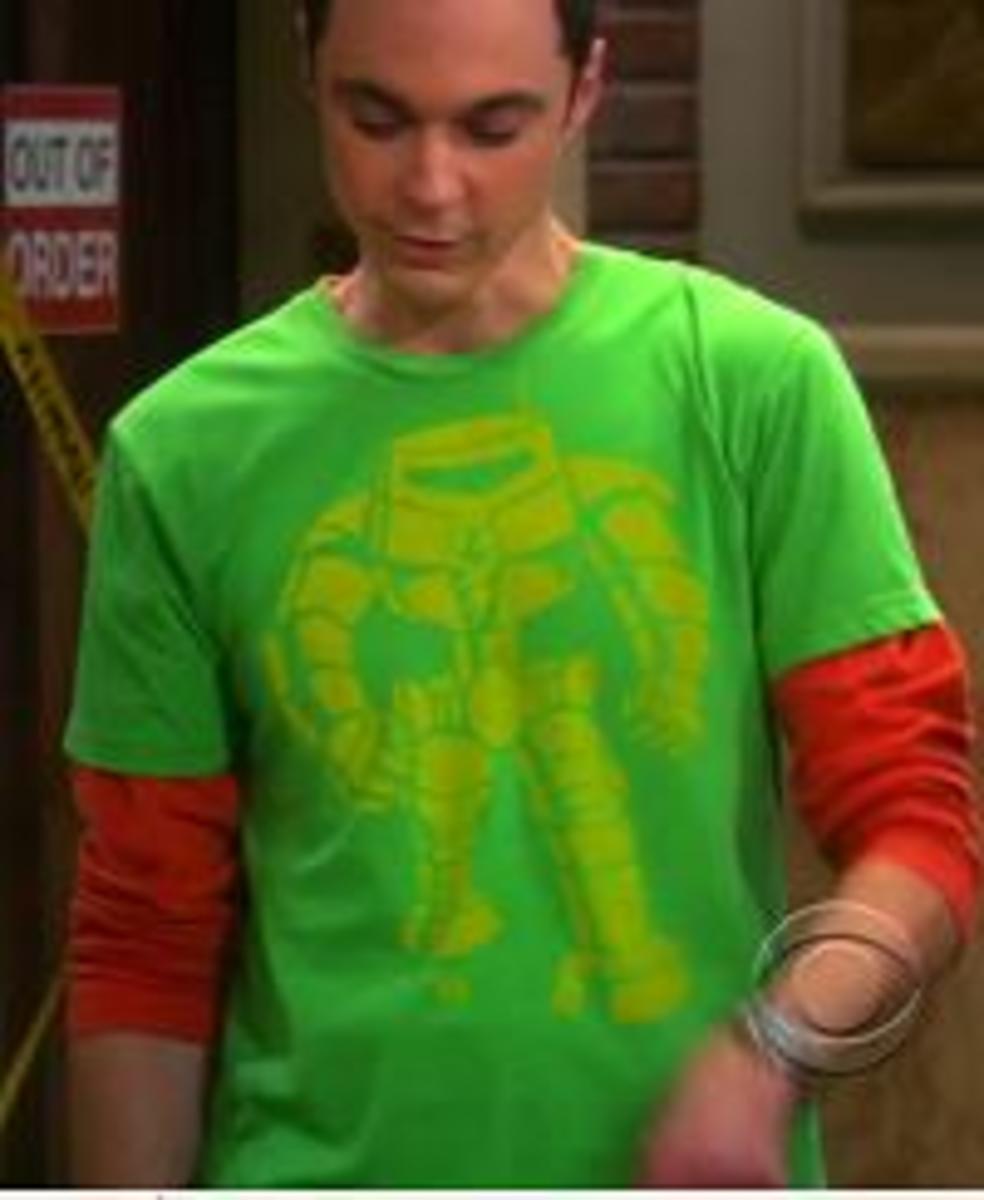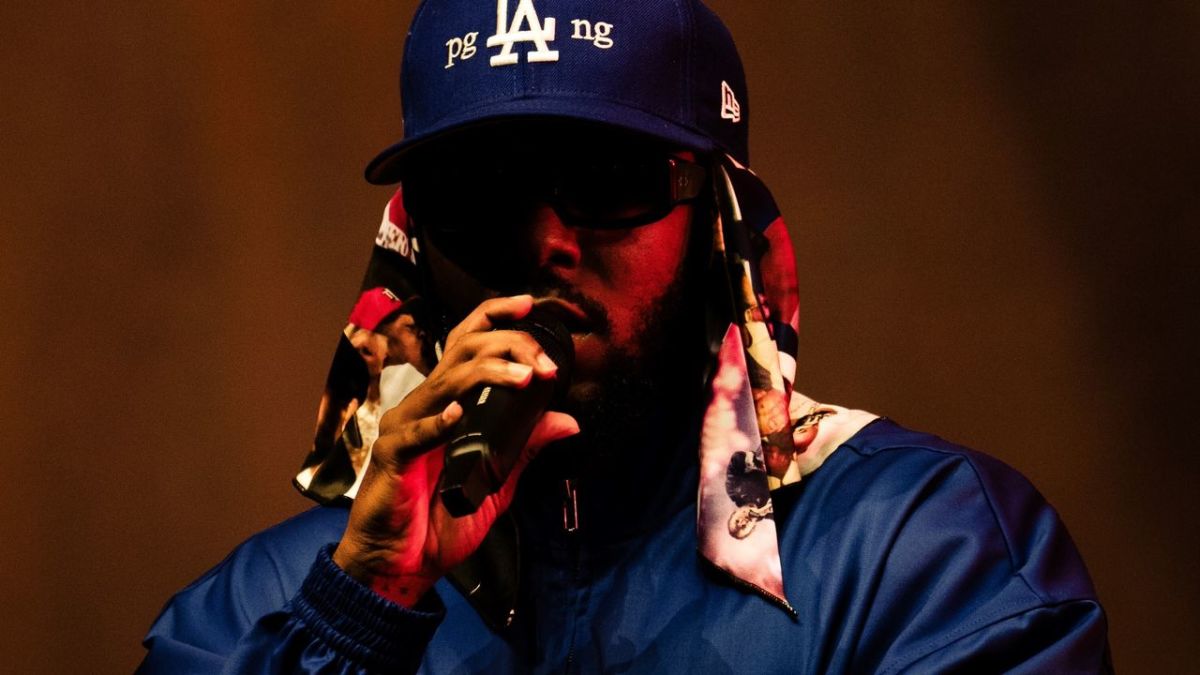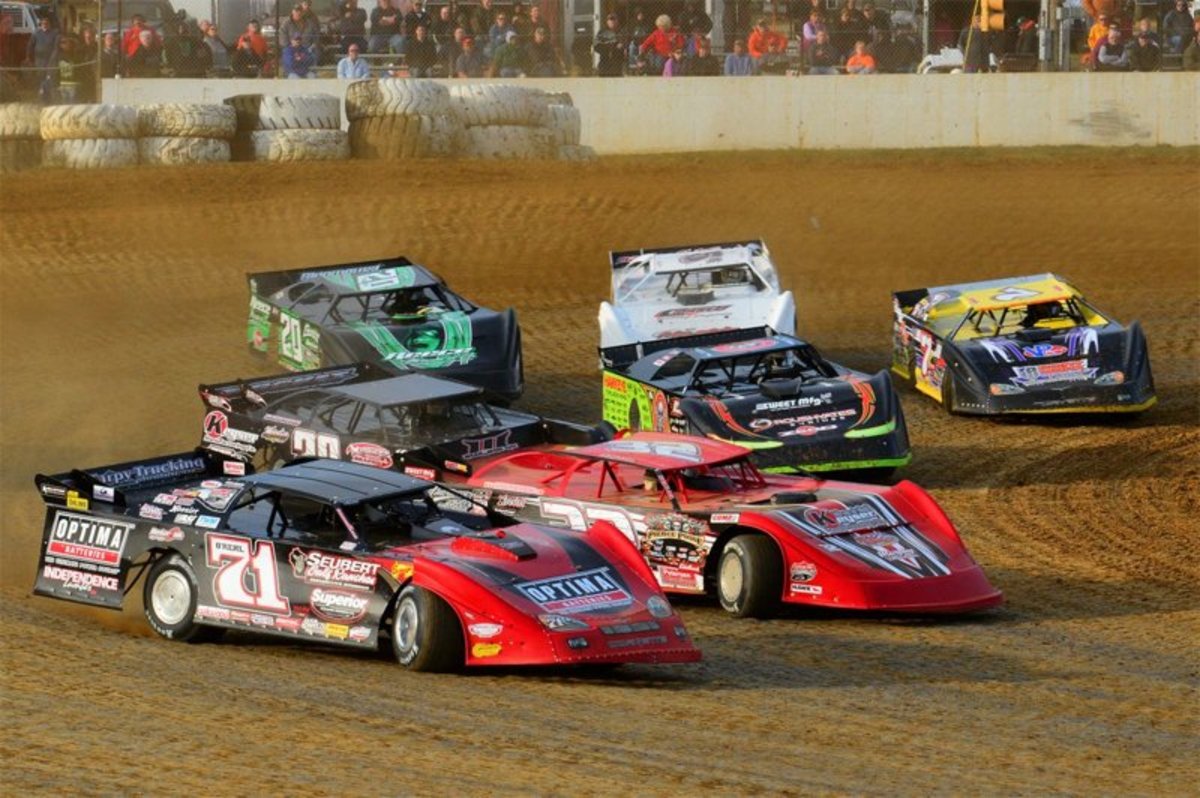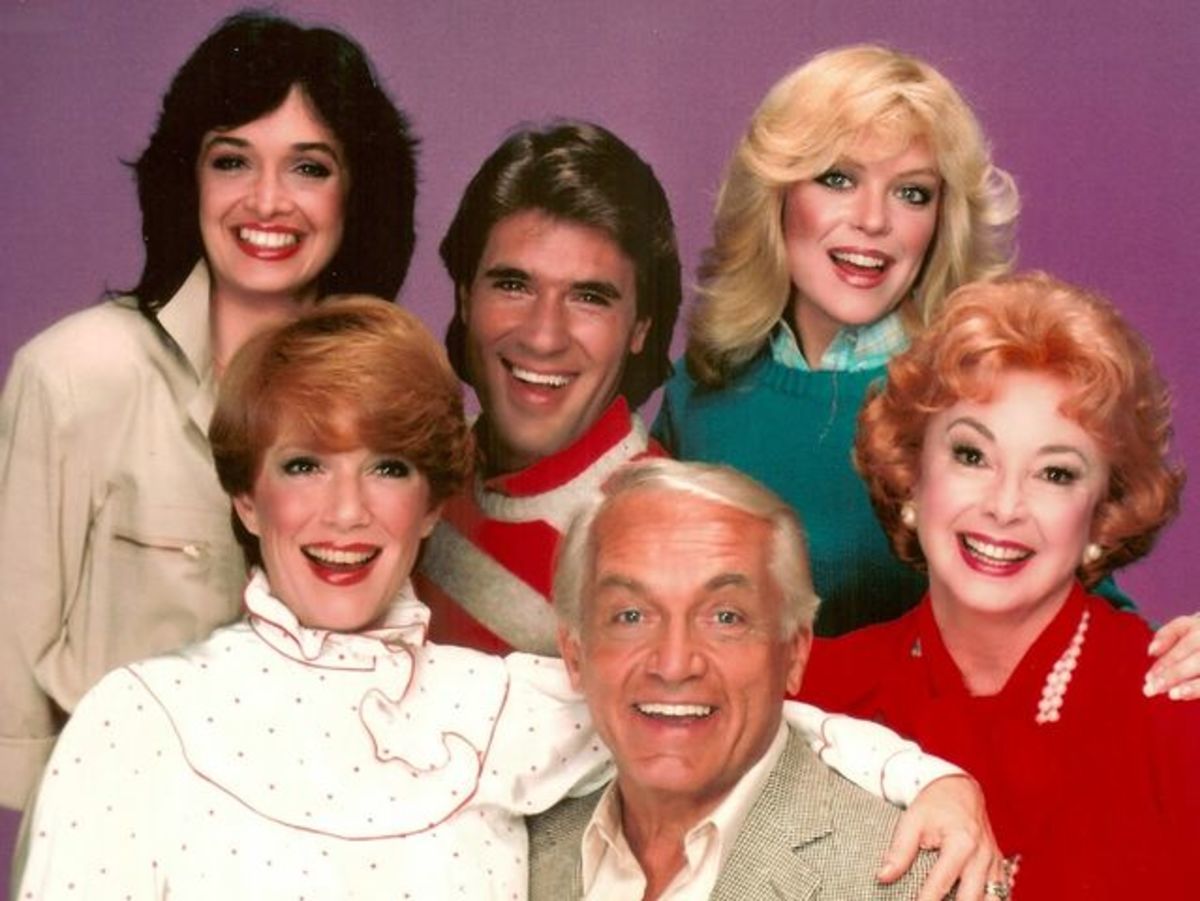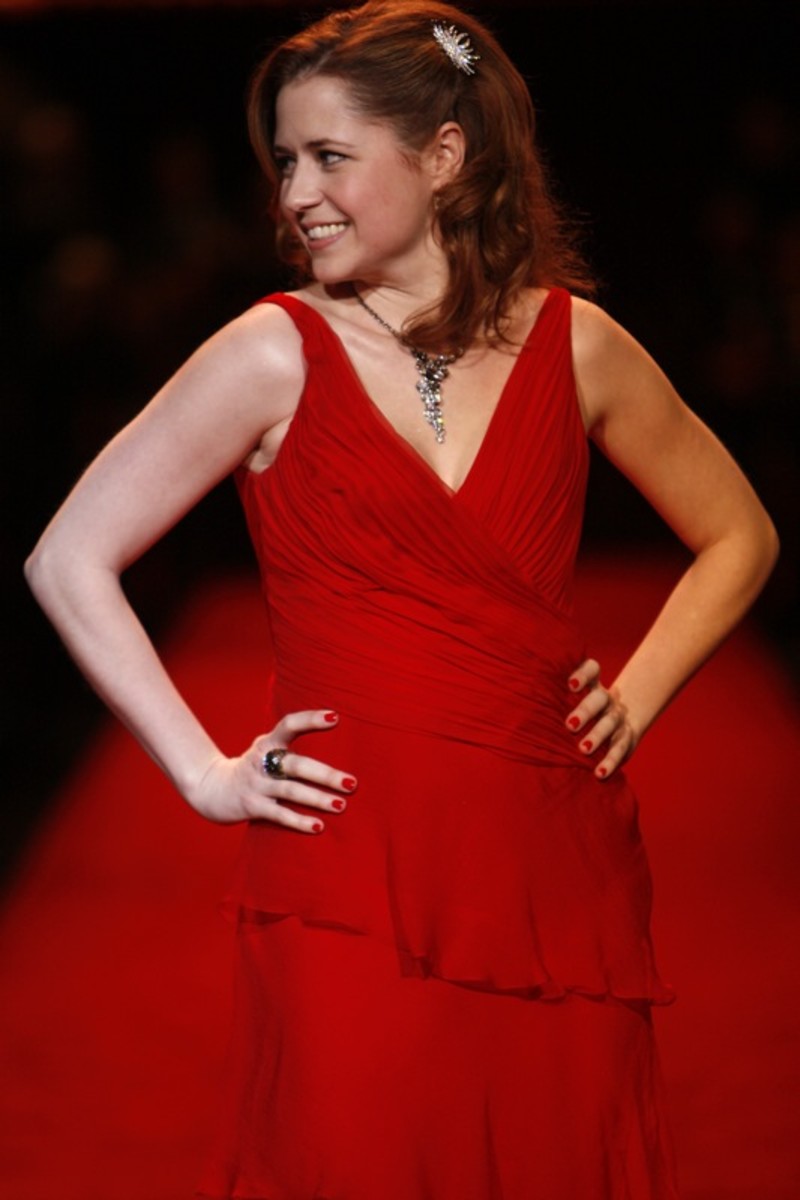The Insinuation of Laugh Tracks in Today's Sitcoms
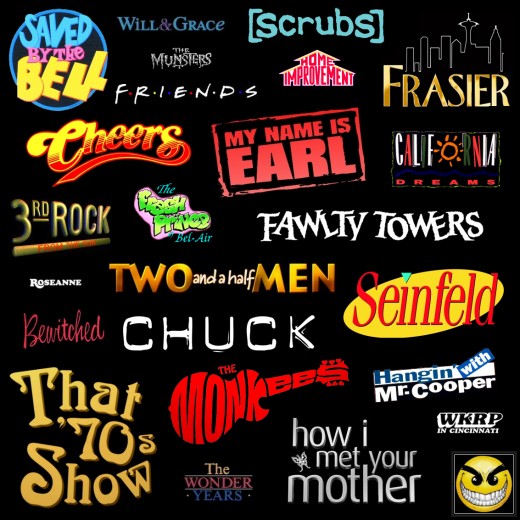
Situational comedies. Sitcoms. Whatever you call them, they’re that half hour of humor that wraps up a whole story within the time allotted. They teach a lesson, resolve an issue all the while putting a smile on our faces. And they’re all different. Some revolve around families, other friends and workplaces. Still, a sitcom is a sitcom. And it seems a common tool maybe on its way out: the laugh track.
A laugh track is the laughter heard after jokes or funny situation on sitcoms that give home audiences the impression it was filmed in front of a live audience. Now, if you’re like me, you believed that to be true for the longest time, never really recognizing that the audience laughed the same way every time and the same audience was present across multiple shows. What bothered me the most about these live audience laughers was that they all laughed together. I always found myself laughing at odd times, against the norm of the laugh tracks and that made me feel alone in my humorous tastes.
And then I went to college for Communications and I learned a lot about those live laughers. Those made me feel a bit better about what I found funny, especially when viewing TV shows and movies in my classes and other people laughing at the same time as me. Who really needs a laugh track anyway?
Recently, I’ve noticed a decline in laugh tracks. I don’t know if that fact correlates with the more “realistic” approach as in the docu-comedies “The Office” and “Modern Family”. They never prompt us to laugh with artificial laughter, and yet we still do. Even a new sitcom “Friends With Benefits” decided to do without the tracks and it’s still funny. The more TV literate the public gets, the less needed the laugh tracks are because humor, on all levels, in every form are more readily available.
Yet, some of the biggest shows in comedy today utilize the laugh track. Shows like “How I Met Your Mother”, “The Big Bang Theory” and “Two and a Half Men” all use laugh tracks. They follow the same norms of some of the favorites from the ‘90s.
In looking into the function of laugh tracks I stumbled across some interesting videos on YouTube. I pose the question “Would sitcoms still be funny without the laugh track?” and ask you to click the video below to weigh in:
Is it funny or just awkward now?
If you’re not familiar with “The Big Bang Theory” go to YouTube and type in other sitcoms that use laugh tracks, like “Friends” or “That 70’s Show” with “no laugh track” following the name and there are many other examples (that I could not embed due to ownership settings).
Does the fact that the mentioned notable sitcoms use laugh tracks cheapen their comedy because others, without laugh tracks make us laugh just as hard?
A giant part of me wants to say yes, wants to lead a revolt against the evil laugh tracks because I want to see great screenwriters shine but a life without laugh tracks seems unrealistic. Slashing laugh tracks from sitcoms would end up making me hate one of my favorite shows. Should I really let a simple audio track do that?
So what’s the difference? Does there need to be a categorization between the have’s and the have not’s? I think it’s clear there does. Coming into a show, knowing it’s got a laugh track or it doesn’t should change the way you view the humor. I like to laugh when it’s funny and not when I’m sitting there confused as to why the automated laughter is telling me it’s funny.
More TV Analysis
- The Power of the TV Nation and Postmodernism: 'Veronica Mars'
Even a show that blatantly filled all facets of postmodern television in the simplest terms was cancelled and that is the show I plan to focus on to both explain postmodernism and prove why Veronica Mars fits into the category. - The Best Show You're Not Watching: A 'Friday Night Lights' Analysis
By analyzing the show with the help of Carl Jungs idea of archetypes and the collective unconscious and the cinematic choices of the directors, I plan to prove that Friday Night Lights, because of its realistic, relatable sentiment, deserved a larger


